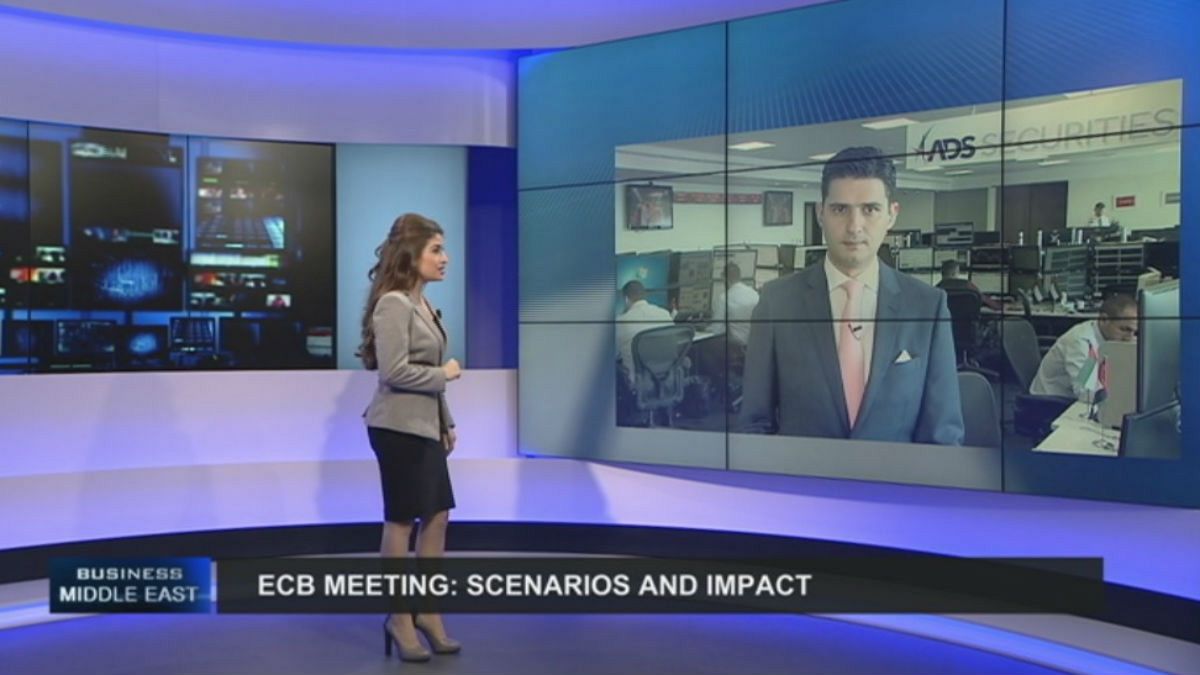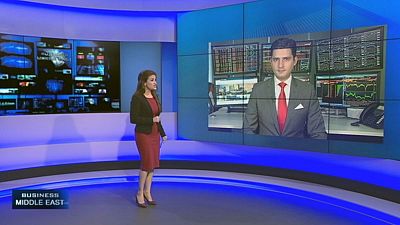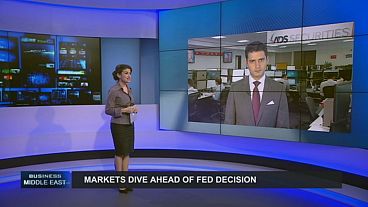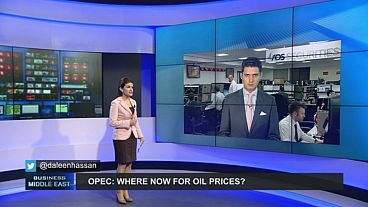A crucial monetary policy meeting of the European Central Bank this week could have a profound effect on the markets and particularly on the value of
A crucial monetary policy meeting of the European Central Bank this week could have a profound effect on the markets and particularly on the value of the euro.
The business world awaits the bank’s President Mario Draghi’s latest thoughts and intentions on eurozone monetary policy.
Speculation and hints on different possible scenarios of the bank’s decisions are casting a shadow over the euro.
Last week, it fell to its lowest level against the US dollar in seven months.
And its performance against a basket of other global currencies has also been weak recently.
The European Central Bank has hinted many times that is will act quickly, if required, in order to increase the rate of inflation in the eurozone.
The ECB President, Mario Draghi, has admitted the goal of 2% inflation will take longer to be achieved.
Uncertainty over the ECB meeting has led to a fall in the value of the euro over the past month against most major currencies.
Inflation forecasts will be updated by the ECB during the meeting, and some officials have already said that conditions have worsened since its latest estimates were published in September.
Daleen Hassan spoke about the possible outcomes of this week’s ECB meeting with Nour Eldeen Al-Hammoury, the Chief Market Strategist at ADS securities in Abu Dhabi.
Daleen Hassan, euronews: “We know there are different scenarios expected from the meeting this week, can you give us any details?”
Nour Eldeen Al-Hammoury: “There are many possibilities. First, the ECB may cut the deposit rate further by another 10 basis points to -0.3%.
“The second scenario is to increase the current quantitative easing program, which currently stands at 60 billon euros a month, to 70 or 80 billion.
“The third scenario, the European Central Bank may extend the length of the current quantitative programme beyond September 2016 when it’s supposed to expire. The extension might be until December 2016 or even March 2017.
“The final scenario is to keep the current policy on hold with “no change” ahead of the Federal Reserve decision in the US. The ECB might need to wait and see what the Fed does, because if the Fed raises the rates in December, then there will be no pressure on the ECB to intervene as the euro will remain under pressure, which is what the ECB needs.”
Daleen Hassan, euronews: “That’s right, and speaking of that pressure, what do you think will be the the impact of each of the ECB’s scenarios on the euro?“
Nour Eldeen Al-Hammoury: “Cutting the deposit rate further will of course increase the pressure on the euro. However, this doesn’t mean that the euro will reach parity with the dollar very soon, but it might get close to it.
“If the ECB increases the current QE programme, the euro is likely to drop significantly and quickly to parity with the US dollar, and this might occur within a few days.
“Extending the QE expiration date further might not have that big negative impact on the euro as there is no new money supply from the ECB. Therefore, the euro might stabilise for a while.
“Finally, keeping the current policy unchanged would be a positive factor for the euro as everyone was pricing in further easing measures by the ECB. Therefore, the euro may stabilise ahead of the Federal Reserve decision.”
Daleen Hassan, euronews: “Through your constant monitoring of the central banks’ policies, which scenario is the most likely decision for the ECB in the current situation?”
Nour Eldeen Al-Hammoury: “It’s hard to predict the ECB action when the US Federal Reserve decision is still around two weeks away. However, looking at the ECB history, the bank never eased its policy when the Manufacturing and Services PMI’s improved.
“This is what we noticed last week, the PMI’s are at their highest readings for over a year.
“However, we believe that the ECB may extend the QE until 2017 or the end of 2016 with a very small possibility of cutting the Deposit Rate by 10 basis points.”
Daleen Hassan, euronews: “Let’s talk about the Middle East, what are the effects on the MENA (Middle East and North Africa) markets and the currency trading in the region in the event of extension of the quantitative easing in program in the eurozone?”
Nour Eldeen Al-Hammoury: “As we noticed before, whenever any of the global central banks eased their policies, this has always had a positive impact on global equities including MENA, therefore regional equities may go up for a while.
“However, crude oil remains the main driver in the current period ahead of the OPEC meeting during the week. As for the euro here in the region, we noticed that the majority of our clients are favouring selling the euro on even limited bounce (limited effect), which was a successful strategy throughout the year in the Middle East and the world. Moreover, the short positions and trading volumes have reached the highest level since May.
“Back then the markets were pricing in an interest rate hike by the Fed in June, and even the MENA equities were trading at their highest levels of this year.”
You can follow business Middle East and other euronews programmes through our Facebook page and Twitter, using the hashtag #BUSINESSMiddleEast. .



